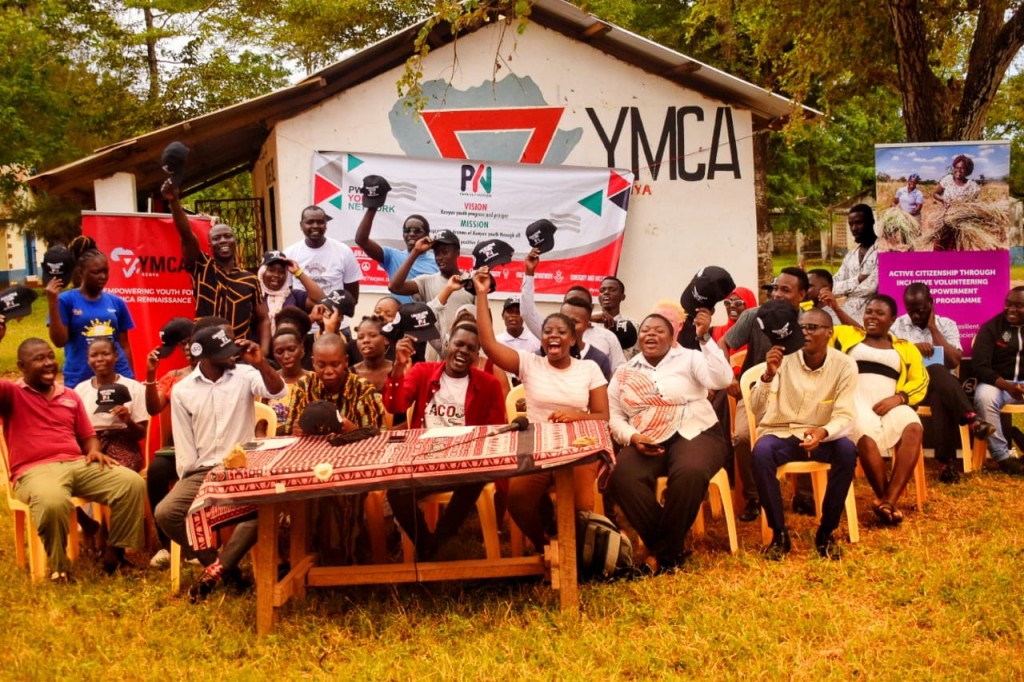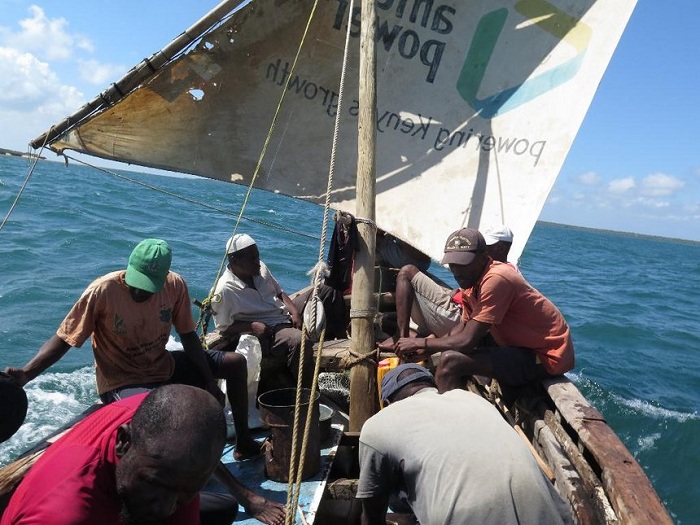Kilifi Youth want the government to include comprehensive sexual education in the curriculum to curb teen pregnancies in the country.
The youth who held a round table meeting with county officials say the high number of teen pregnancies witnessed in the country was due to a lack of awareness among parents and school-going children.
“With the number of teen pregnancies being witnessed, it is evident that young people are already engaging in sexual activities and there is no way we are going to curb teen pregnancies by just creating awareness. Comprehensive Sexual Education will not only teach them about abstinence but also safe sex for those already sexually active,” said Jumwa Samuel, Maisha Youth Kilifi Chapter Chair.
Led by the Pwani Youth Network, the youth pointed out that ‘disco matanga’ was a major contributor to early and unplanned pregnancies in the county.
“You find children as young as 10 years old attending disco matangas or disco vumbis in the wee hours of the night, some of the things going on and they are exposed to at an early age is very worrying. So we want the government to come up with measures to regulate disco matangas,” said Brian Paul Mulunda from Maisha Youth.
“In towns, for you to enter a club you need an ID, but at disco matanga, provided you have sh.100 or sh.50 you can access. In there, there is access to alcohol and other substances that can impair a child’s judgment leading to early pregnancies,” he added.

According to the Kenya Demographic and Health Survey (KDHS) 2022, 15 percent of girls aged between 15 and 19 in the country had ever been pregnant with one percent having experienced pregnancy loss.
“Teenage women in the lowest wealth quintile are more likely to have ever been pregnant than women in the highest wealth quintile. The percentage of women who have ever been pregnant decreases from 21 percent among those in the lowest wealth quintile to eight percent among those in the highest wealth quintile,” read the KDHS 2022.
In Kilifi county, the percentage of girls aged 15-19 who had ever been pregnant was 12.5 percent.
“Some of them end up pregnant not because they willingly engaged in sexual activities, but because of poverty. They are sleeping with men to get sanitary towels or even put food on their tables,” said Jumwa.
Mombasa had the lowest percentage with 10.8 percent while Taita Taveta had the highest in the coastal region with 18.4 percent followed by Tana River with 17.6 percent. Kwale came in third with 14.8 percent then Lamu with 13.7 percent.
“Teen pregnancies means teens are engaging in unsafe sex which also means they are at a high chance of contracting HIV. Teen pregnancy also means the girl child will take more time to finish school given that she has to take a break from school to be pregnant and also take some time to be a mother and so on,” said Mulunda.
Factors leading to low education rate
During the round table, the youth urged the county to introduce a school feeding program to increase enrolment and retention of learners, pointing out that the high cost of living had led to many school dropouts.
“Feeding programs especially in primary schools will curb absenteeism and truancy. Poverty is one of the main challenges in Kilifi County. You will find children by the roadside selling things like peanuts just to help get money for food, but with a feeding program many children will go to school knowing that they can get food there,” said Jumwa.
They pointed out accessibility to schools as a challenge saying that most children had to walk long distances to school which was also unsafe.
“In an area like Matsangoni, where I come from, you will find one public school and then walk several kilometers before coming across another school. Imagine a child having to wake up at dawn to go to school kilometers away without even having breakfast and maybe having to sit for an exam. By the time they get to school, they are hungry and cannot concentrate because their minds are everywhere,” said Mulunda.
They have also called on parents to prioritize their children’s education and work hand-in-hand with teachers.
“Some parents encourage absenteeism, and some of them do not take their children to school blaming it on poverty. We have seen situations where parents stop taking their girl children to school and marry them off. We would like the government to come up with policies to ensure parents take their children to school,” said Jumwa.
“We thank the county for some of the programs and initiatives they have put in place to ensure children are in school, including the one taking teen mothers back to school,” she added.
While condemning stigma against people living with HIV, the youth say children with HIV are sometimes segregated from others both at school and in society.













